Mouth-taping, the practice of sealing one's mouth shut during sleep to promote nasal breathing, has been gaining popularity among wellness enthusiasts online. Swipe through social media and you’ll see folks claiming it improves sleep quality, boosts oral health, and even slims your face.
But is this trend really effective at producing any of these results? And more importantly, is it safe? Ahead, we explore the risks associated with mouth-taping and investigate whether the supposed benefits are backed by any evidence.
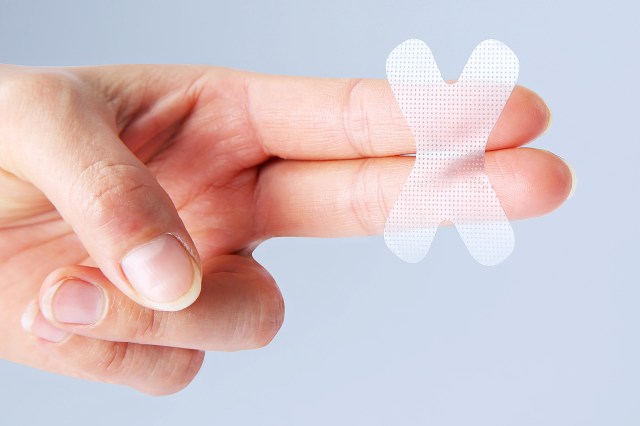
What Is Mouth-Taping?
Most of us breathe through both our nose and mouth when we sleep. Some people breathe more through their nose and some people breathe more through their mouth, depending on different factors, such as nasal congestion. Those who use mouth tape say it forces your body to breathe only through the nose during sleep. You can’t just use any Scotch tape, though.
Mouth-taping involves applying a special tape over the lips to really keep the mouth closed. “Some people like to use it during exercise, during the day, but it’s been popularized to use during sleep,” ENT doctor Sina Joorabchi said in a popular TikTok video. Advocates claim it leads to better sleep quality and various health improvements, such as deepening your REM cycle, boosting your immunity, and lowering your blood pressure. Creator Isabelle Lux said on TikTok that her “sleep, mood, and skin improved” in just a few weeks.
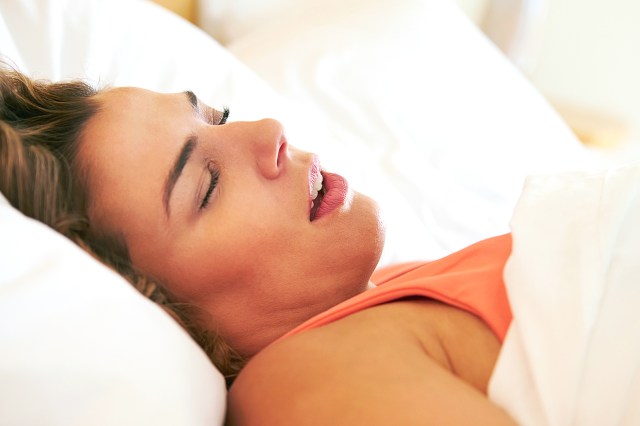
The Truth About Mouth Taping
As with many wellness trends, there’s some legit science here and some reasoning behind what fans of mouth taping are trying to do. Many claim that it helps reduce snoring, prevents dry mouth, and increases nitric oxide production, which can improve oxygen circulation. It’s possible this could be true in certain cases.“With more nasal inhaling, you’re going to oxygenate your tissues better,” Joorabchi said. “And with more nasal exhaling, you’re allowing the oxygen to stay in your lungs longer, and those are good things for you.” But there’s no real evidence that it will work.
“I can tell you one thing, definitively, from a science perspective: There is no evidence of clinical benefit in the medical literature as of yet,” cosmetic surgeon, biochemist, and master clinical trainer Dr. Reza Tigari posted on TikTok.
“It’s not new, it’s been around since the 1950s, it’s been studied, and there’s just nothing there in relation to sleep, breathing, or asthma,” Dr. Chris Winter, neurologist and sleep expert, explained in his own video.
When it comes to the supposed aesthetic results, things get even murkier. Some fans of mouth-taping are using it because they feel they have a puffy face or a recessed chin and want to slim down and bring their chin forward. It’s true that people who breathe primarily through their mouths often have receding chins or jaws. But what many influencers and “wellness experts” are missing is that this happens in childhood when your bones are forming. Once you hit adulthood, the structure of your face is formed.
Facial plastic surgeon Dr. Prem Tripathi explained this on TikTok, saying, “There is some data that shows mouth breathers do have that different shape and position of their jaw. But what do you do as an adult with a grown and developed facial structure in the world of TikTok trends and mouth-taping? Well, the answer is, you can’t do anything really… You’re not going to change your jawline by taping your mouth.” There’s a reason why mouth breathers have this “long face syndrome,” he explained, and it’s because of things that obstruct their breathing, such as a large tongue or large adenoids.

Mouth-Taping Risks
Even knowing there isn’t any scientific proof, people will still try mouth-taping in the hope of better sleep (or a slimmer face). However, it’s important to know mouth-taping comes with many risks that shouldn't be overlooked. “When you mouth-tape, you’re taking away your body’s ability to breathe through the mouth, and that’s your backup breathing supply,” Joorabchi said. “It prevents your body from doing that immediate airway relief — that sigh, that exhalation.” Joorabchi also noted that when mouth-tape is applied, you can’t get extra carbon dioxide out of your system properly. “In some populations and patients, it can risk strokes, seizures, or blackouts.” These are all potential dangers you face when the body’s oxygen levels are too low.
“Moreover, keeping your mouth taped at night could put you at risk if you were to aspirate or throw up in the middle of the night and have your mouth taped shut. That could be a real problem,” Winter said.
Other potential side effects include:
- Suffocation: For people who experience nasal congestion due to allergies, a cold, or other health issues, mouth taping could lead to difficulty breathing, which might result in suffocation during sleep. This risk is particularly concerning for those unaware of their inability to breathe enough through their nose at night.
- Skin Irritation and Allergic Reactions: Using adhesive tape can cause skin irritation on your mouth and face. There are special hypoallergenic tapes, but even these can cause issues for sensitive skin types.
- Reduced or Blocked Airflow: People with respiratory conditions such as asthma or sleep conditions such as sleep apnea should avoid mouth taping or their air might get blocked off entirely. It's also unsuitable for children and anyone who can't remove the tape themselves in an emergency.
The bottom line: If you’re considering trying mouth-taping, speak to your doctor beforehand to learn if it can pose even more risks for you. There may be safer ways to solve nighttime breathing problems.
This article is for general informational purposes only.
Affiliate Disclaimer Medical Disclaimer



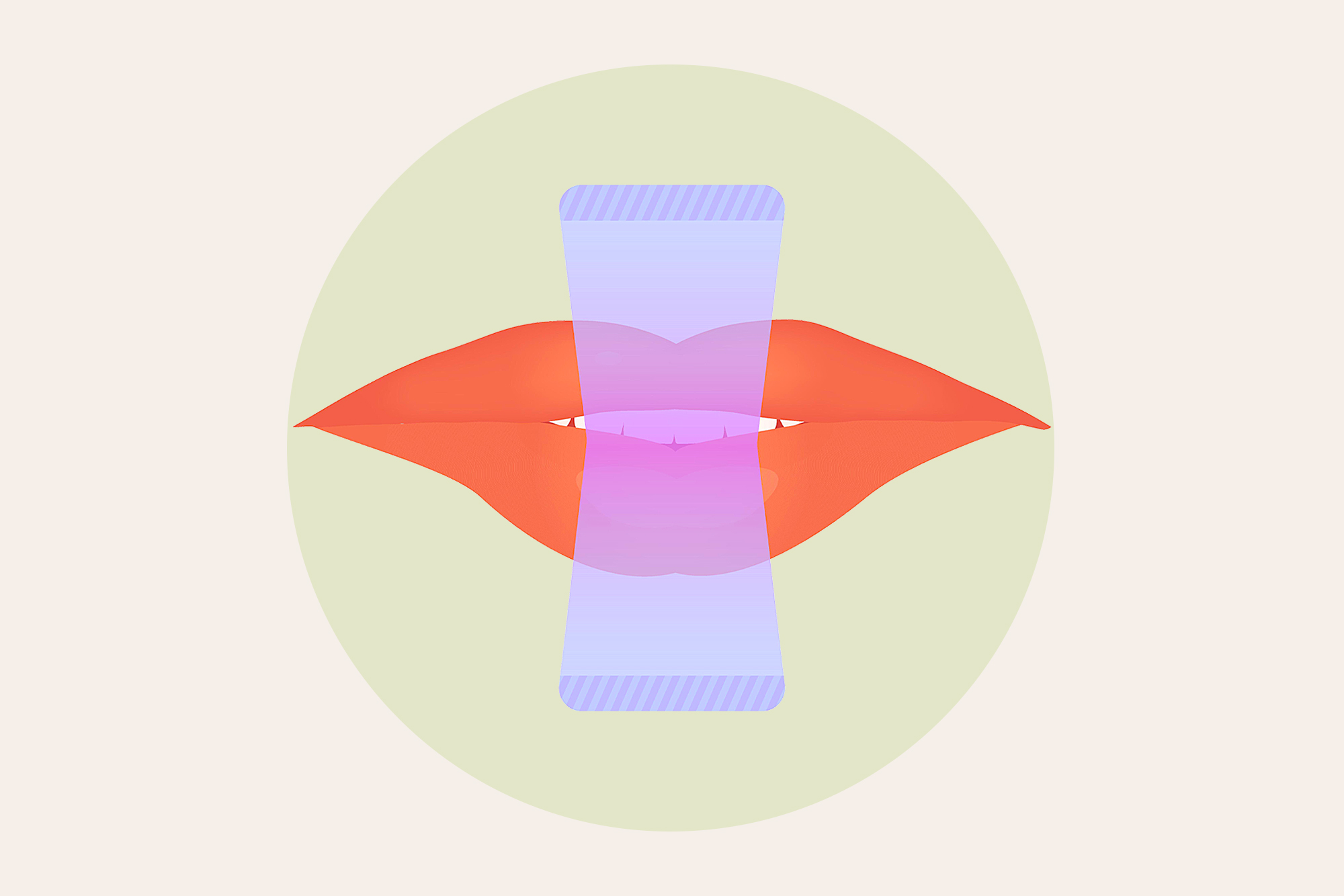

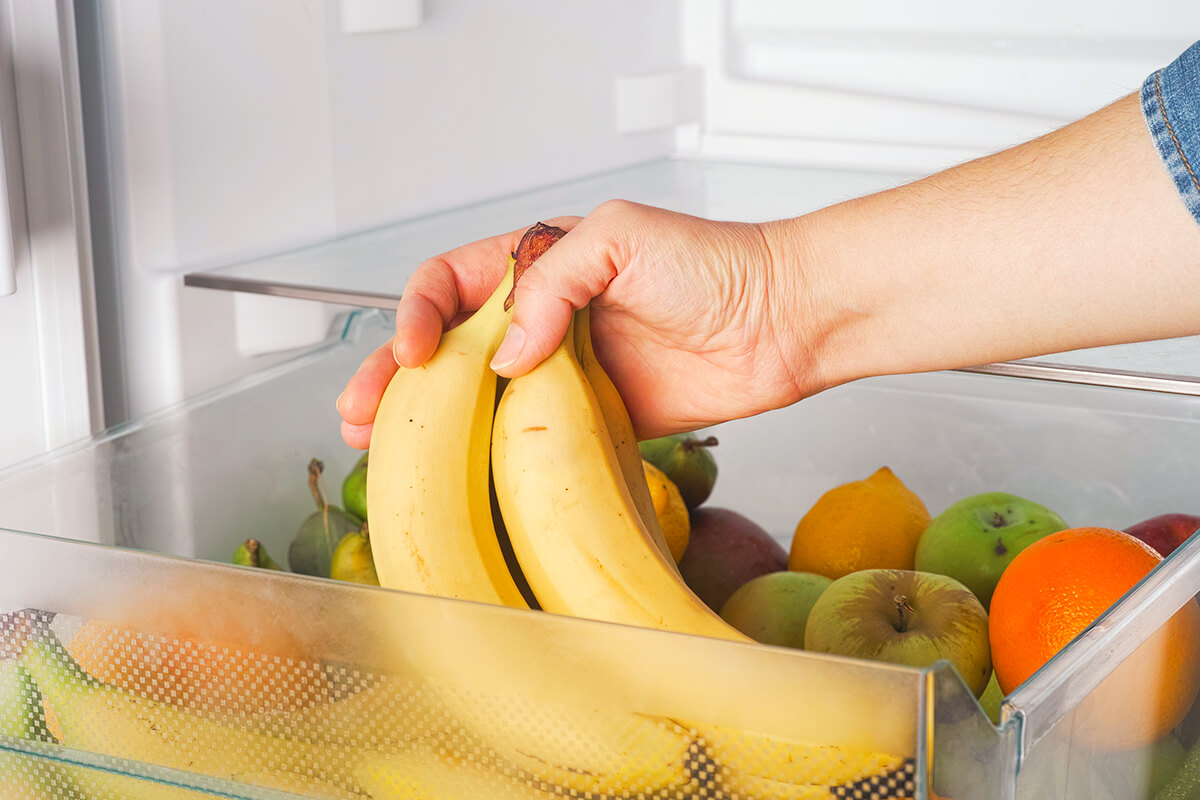


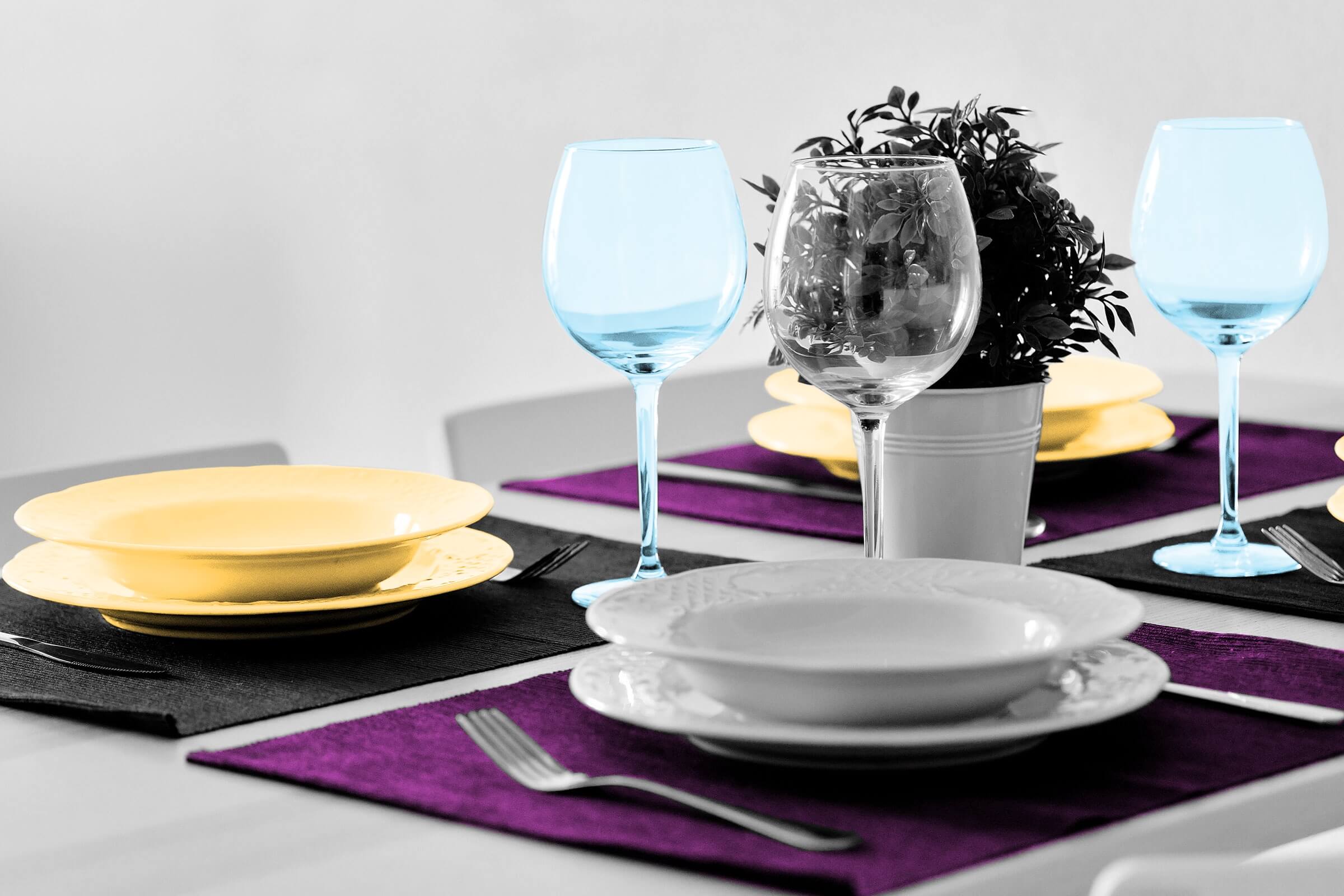




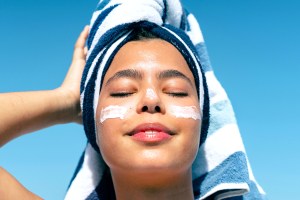


 Unique Beauty is free for all users.
Unique Beauty is free for all users.